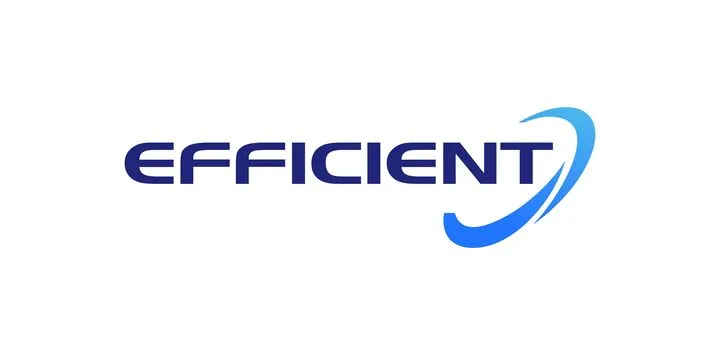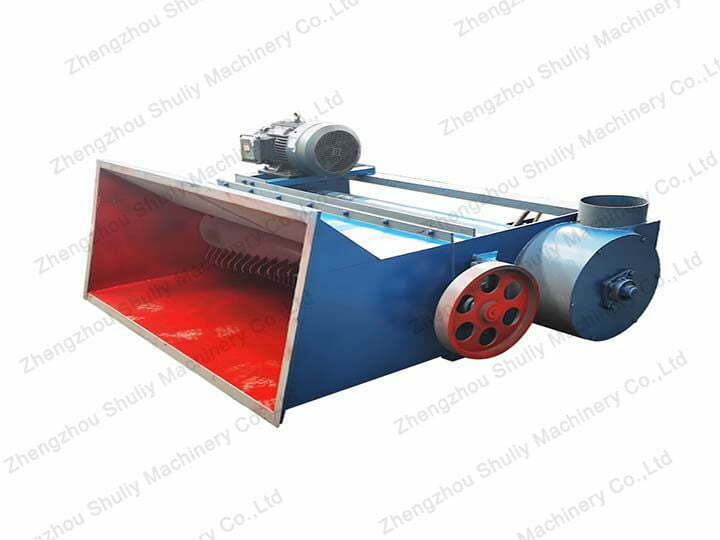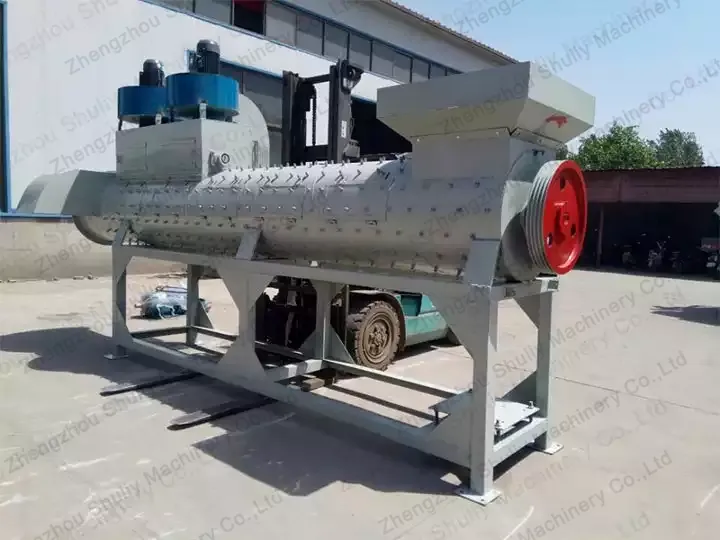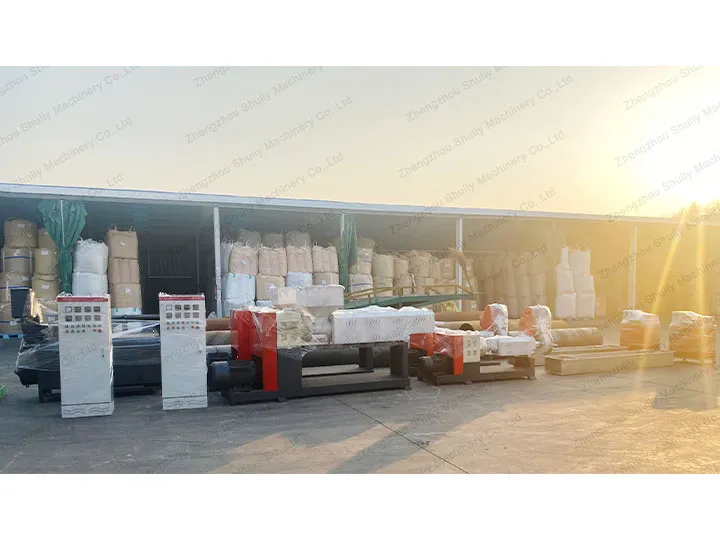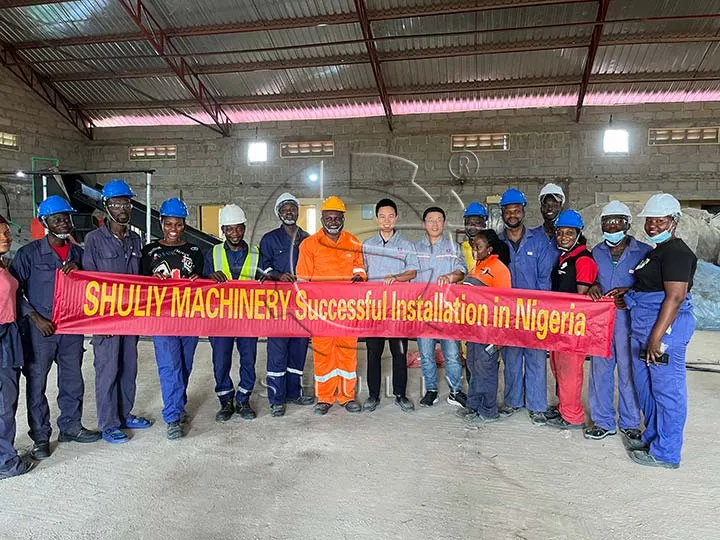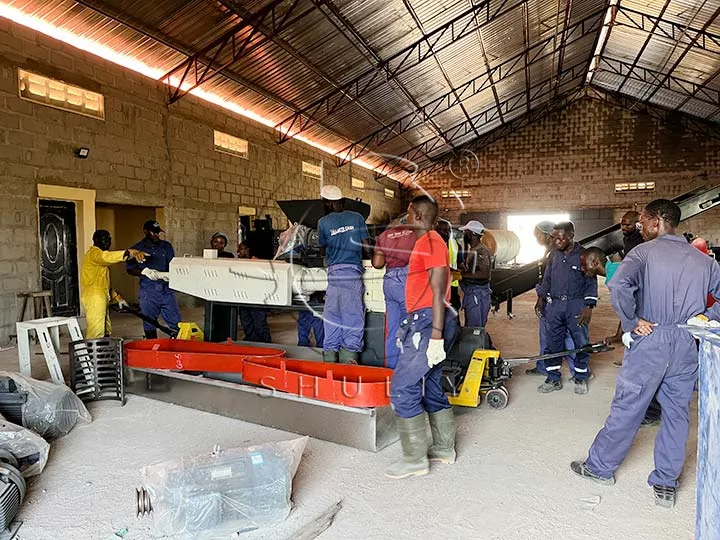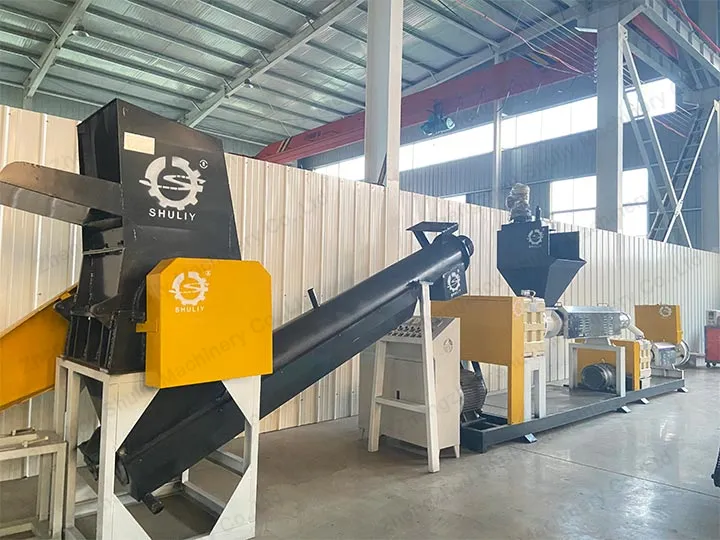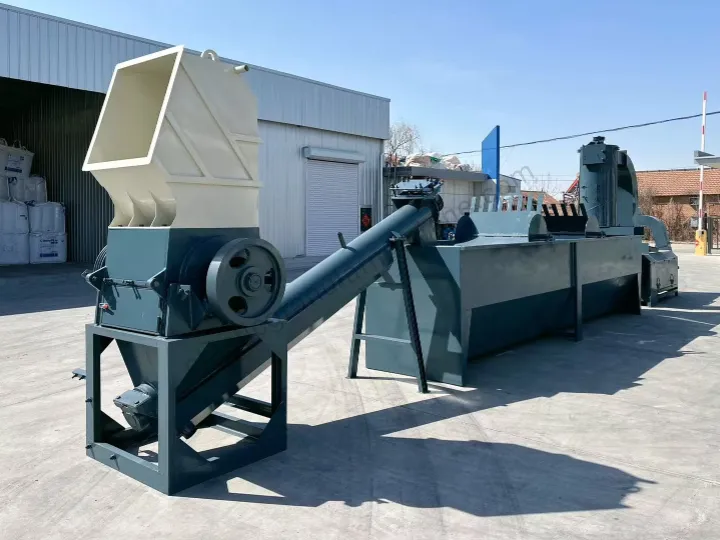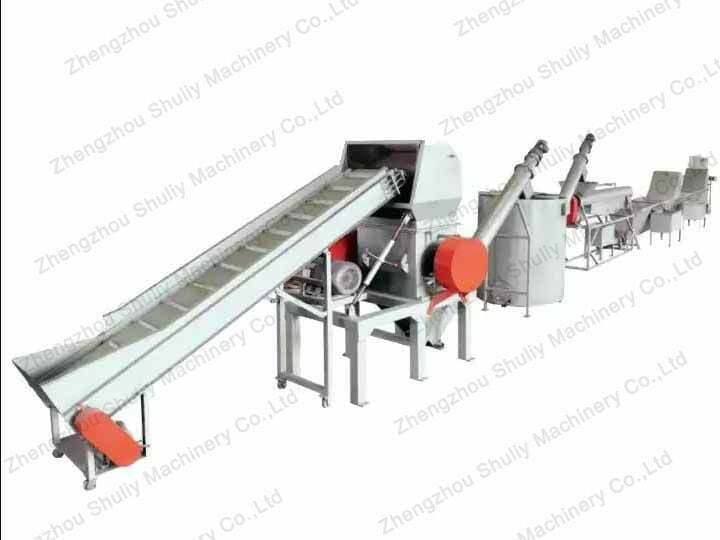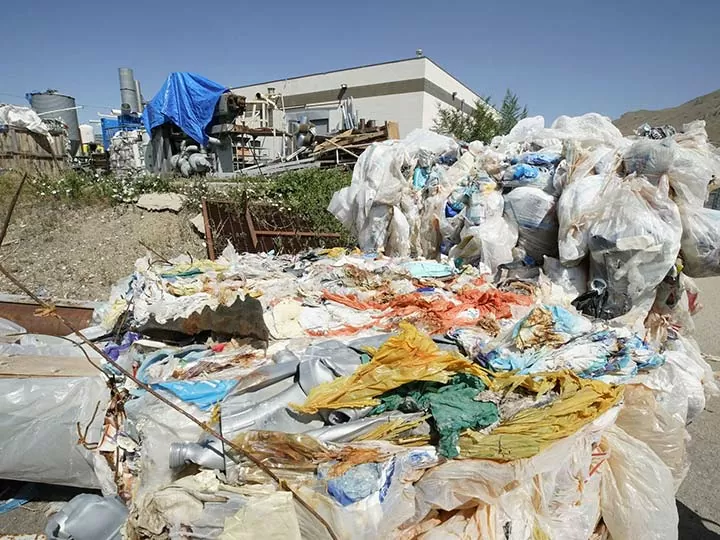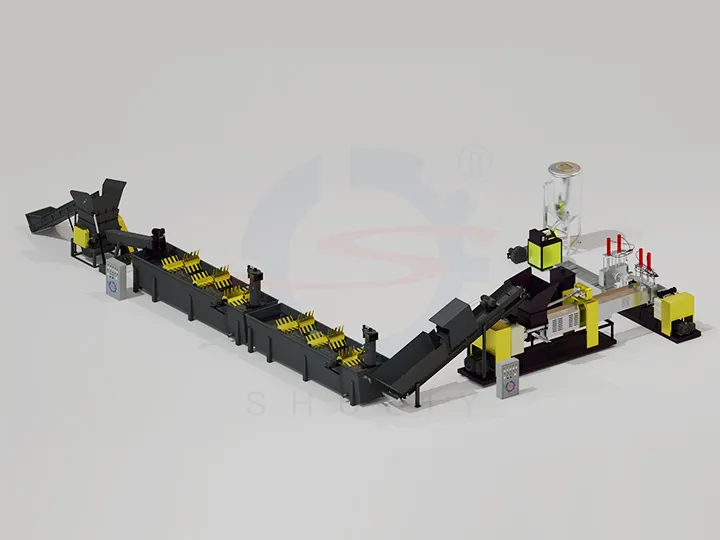What Should You Know About Plastic Recycling Business in Nigeria?
Nigeria produces oil, and as the largest economy in West Africa, has a large market for plastic. However, due to limited capacity for plastic raw materials, Nigeria is actively developing the plastic recycling industry. If you want to get involved in the plastic recycling business in Nigeria, you need to be aware of the following points:
- Understanding the industry and market of plastic recycling in Nigeria;
- Collect start-up capital and purchase plastic recycling equipment
- Choosing a business model
- Establishing supply channels
- Continuously improve the efficiency and quality of plastic recycling
Learn Plastic Recycling Industry in Nigeria
The first step is understanding the demand for waste plastic in the local Nigerian market. Common types of plastic include: PET, PP, PE, PVC, HDPE, EPS, EPE, etc. Information on which types of plastics have the highest recycling value and are easiest to collect can be obtained through market research, visiting local scrap recycling organizations, or reviewing relevant industry reports.
Plastic recycling is also strongly supported by government policy. The Nigerian government has implemented a number of plastic-related bans and policies aimed at reducing plastic pollution and promoting biodegradable and recycled plastic. You can look into specific industry norms to ensure legal compliance
Costs of Starting Plastic Recycling Business In Nigeria
Determine the cost budget for investing in a plastic recycling business, taking into account the results of previous research and your economy. The budget should include the cost of renting space, hiring staff, purchasing plastic recycling equipment, collecting plastic waste, etc.
If you are a start-up company, mainly engaged in cleaning and crushing and other simple processing, for the local plastic market, you can rent a small site, purchase small plastic recycling equipment, employ 5-10 people, comprehensive utilities, transportation costs, etc., the cost control in about 10,000 U.S. dollars.
Suppose you want to set up a plastic recycling plant with a mature processing chain for the international market. In that case, you can increase your investment by purchasing complete plastic recycling line to convert plastic waste into recycled pellets.
Select Professional Plastic Recycling Machines
Purchasing machinery is a big investment and the quality of the recycled plastic is at stake, so this is the most important step!
Most local companies in Nigeria focus on basic recycling processes, with technological limitations in equipment, low automation, and low recycling efficiency. As a plastic recycling specialist, we provide advanced plastic recycling solutions for Nigeria and other countries, including PET washing lines, rigid plastic pelletizing lines, plastic film recycling lines, and styrofoam recycling lines.
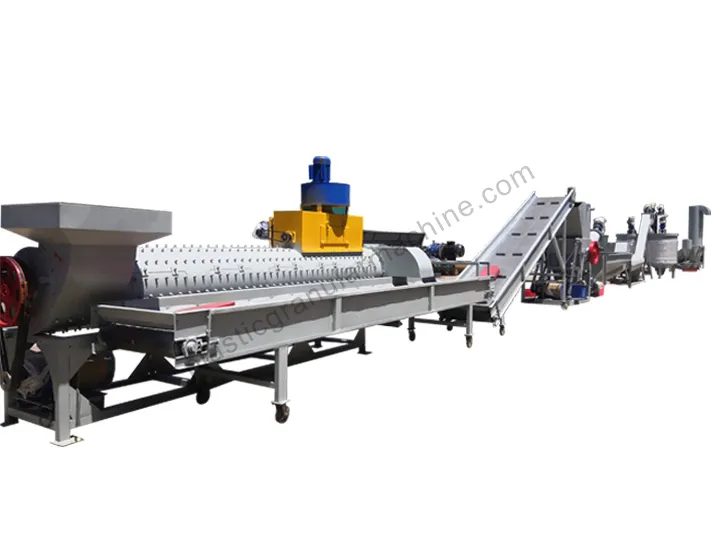
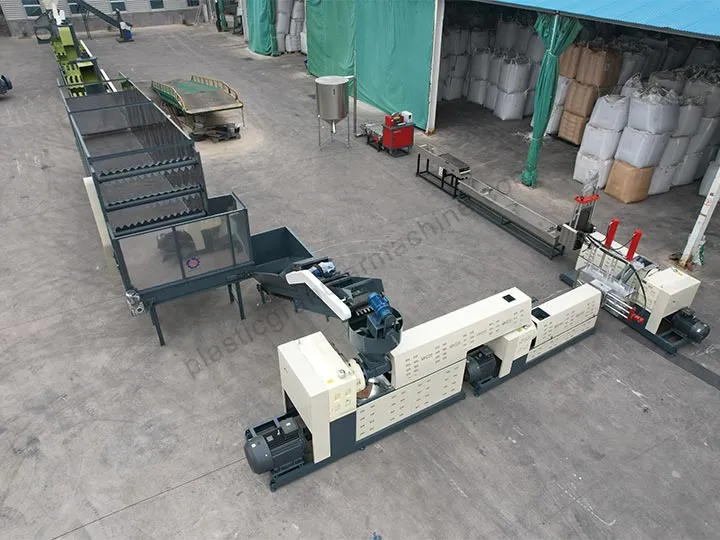
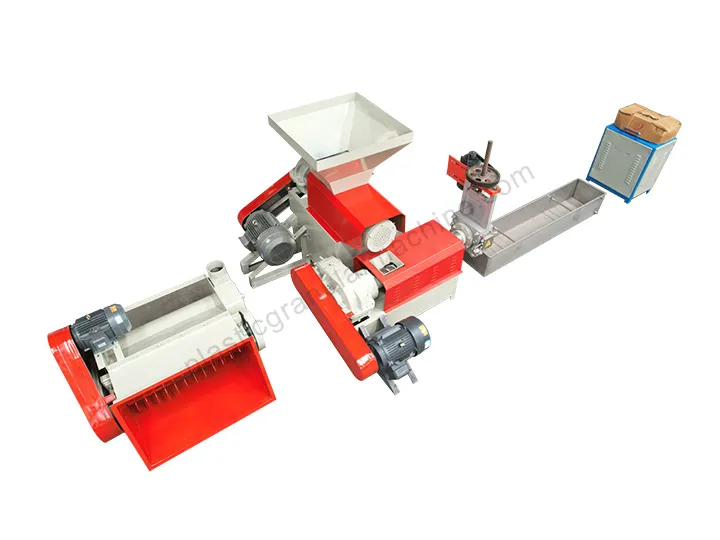
Conclusion
If you want to start your plastics recycling business in Nigeria, you need to assess and select the right plastics recycling equipment. If you have any questions about plastic recycling business in Nigeria, please contact us and we will do our best to help you!
